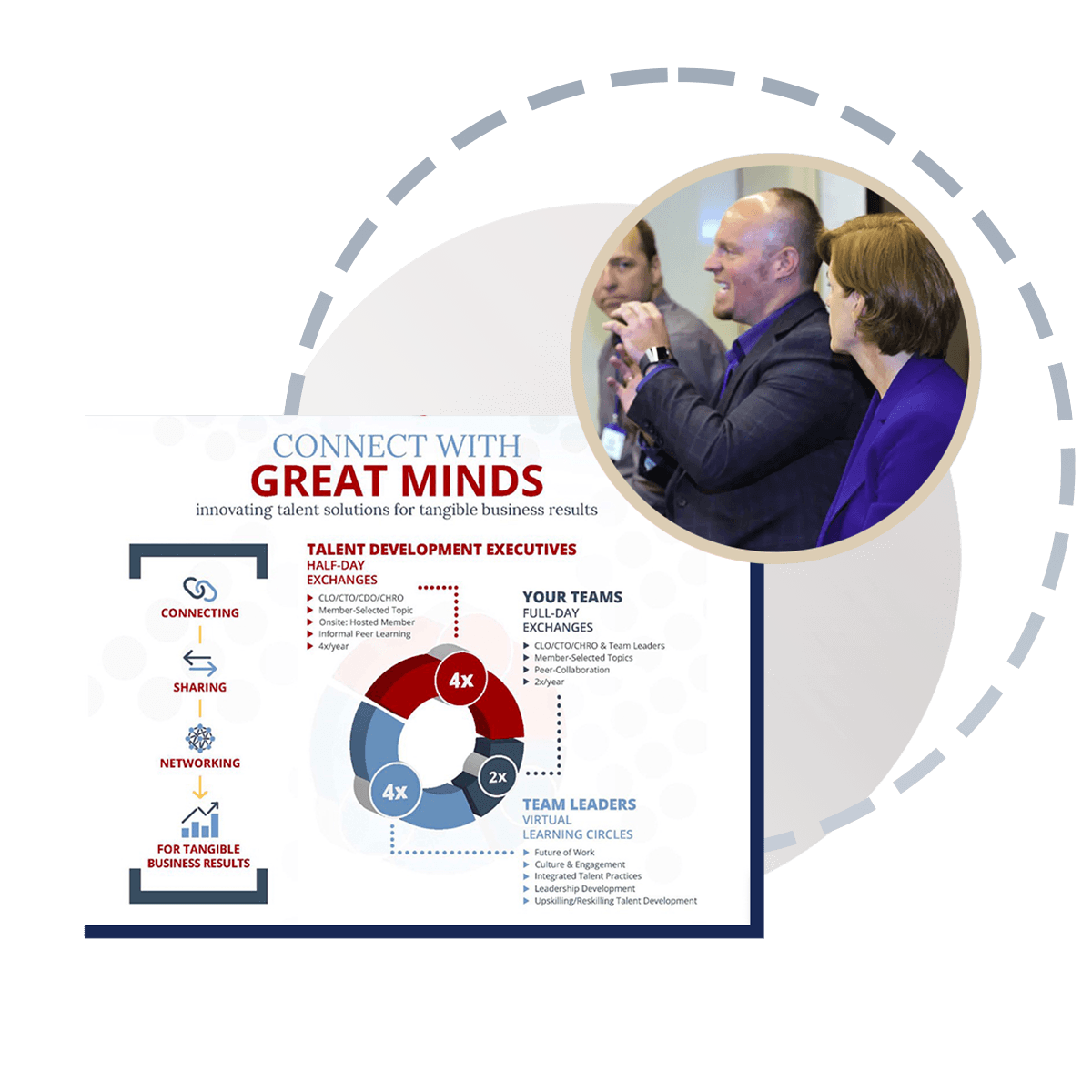This moment video is from May 2022 Learning Leadership Summit, session Future of Learning: Being Agile when Complexity Rules
Through an adept synthesis of research – particularly in learning theory and neuroscience – 25-year learning expert and future work strategist Teri Hart weaves history, economics, technology, psychology, medicine, and sociology into a fascinating exploration of the role of mind and body in learning. Her expertly blended insights will convince you of the human mind’s remarkable ability to learn nearly anything at any age.
Digitization, now in its sixth decade, ushered in a Fourth Industrial Revolution (4IR). The COVID-19 pandemic accelerated the trend of digital transformation, with more organizations ramping up their efforts at digitization, remote work, and automation. 4IR could prove even more disruptive than the three previous phases of the Industrial Revolution, in which society and the economy transitioned from agriculture to industry, then factory to services, and thirdly toward information, computerization, and data.
These broad shifts, and the current 4IR transition to digitization, usher in requirements for new skills and knowledge. The jobs of the future demand massive re-skilling throughout the labor force, and a transition toward humans working more closely with machines and artificial intelligence (AI). As firms like Amazon – with more than a million workers – automate more of their operations, they are planning for the enormous learning employees will need to perform the higher-level cognitive functions required to work effectively with robots. Amazon intends to spend close to one billion dollars on employee learning in the coming years, starting with its 100,000 warehouse workers.
You can learn about Teri's new book, Hardwired to Learn, on her ELE Influencer page.
